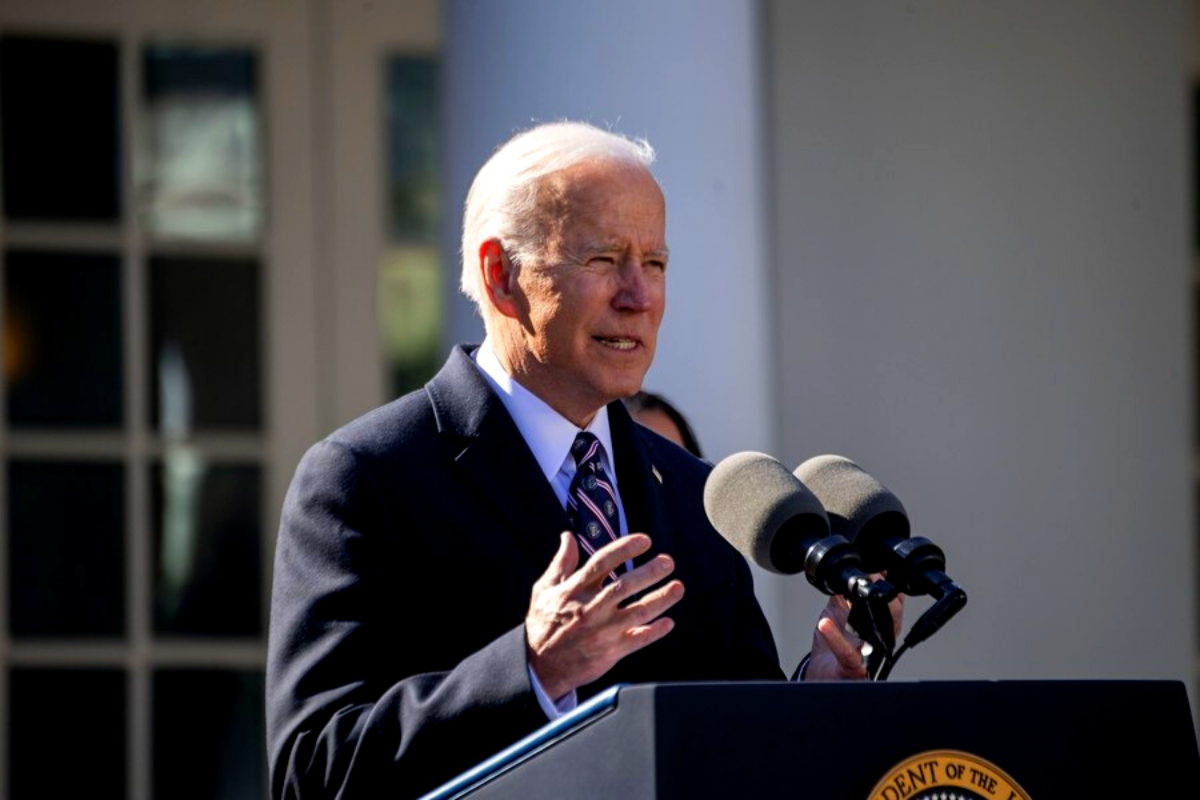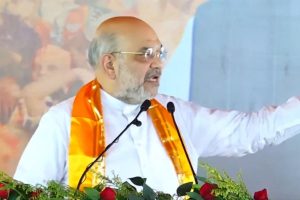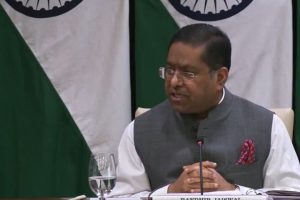President Joe Biden has caused a mild flutter in the roost. On Tuesday, he accused Russian forces of committing “genocide” in Ukraine, the first time his administration has used the term for Moscow’s invasion. “Yes, I called it genocide because it has become clearer and clearer that Putin is just trying to wipe out the idea of being able to be Ukrainian and the evidence is mounting.” Mr Biden said it would ultimately be up to the courts to determine whether Russia’s actions against its pro-Western neighbour constitute genocide.
The Russian President has dismissed as “fake” the accusations that his army committed war crimes in the Ukrainian town of Bucha, where mass graves were found after Russian troops withdrew. Moscow has accused Ukraine of staging the alleged atrocities.
The crime of genocide has a strict legal connotation and has rarely been proven in court since it was cemented in international law after the Holocaust was carried out against Jewish people and other groups by Nazi Germany during World War II. The 1948 United Nations Genocide Convention defines the term as crimes committed “with intent to destroy, in whole or in part, a national, ethnical, racial or religious group”.
Genocide is harder to prove than other violations of international humanitarian law, such as war crimes and crimes against humanity, because it requires evidence of specific intent. Moscow has categorically disagreed with the US President’s “genocide” comment and has swiftly accused Washington of hypocrisy over its own crimes.
Three cases have met that threshold ~ the Cambodian Khmer Rouge’s slaughter of minority Cham and Vietnamese people in the 1970s, and were among an estimated 1.7 million who died under the regime; the 1994 mass killing of Tutsis in Rwanda that left 800,000 dead; and the 1995 Srebrenica massacre of some 8,000 Muslim men and boys in Bosnia.
Acts comprising the crime of genocide, alongside killing members of a specific group, include causing serious bodily or mental harm, creating conditions calculated to destroy them, preventing births, or forcibly transferring their children to other groups.
Mr Biden’s “genocide” remark drew praise from the Ukrainian President, Volodymyr Zelenskyy, who has encouraged Western leaders to use the term to describe Russia’s invasion of his country. Zelenskyy has already done so various times. “Calling things by their names is essential to stand up to evil. We are grateful for US assistance provided so far and we urgently need more heavy weapons to prevent further Russian atrocities,” Zelenskyy said. President Biden had previously called Mr Putin a “war criminal”, a comment Moscow angrily rejected and said had brought relations with the US to the brink of collapse.
Developments in Ukraine must transcend semantic quibbling. The International Criminal Court had opened an investigation into alleged war crimes and crimes against humanity in Ukraine in February.











